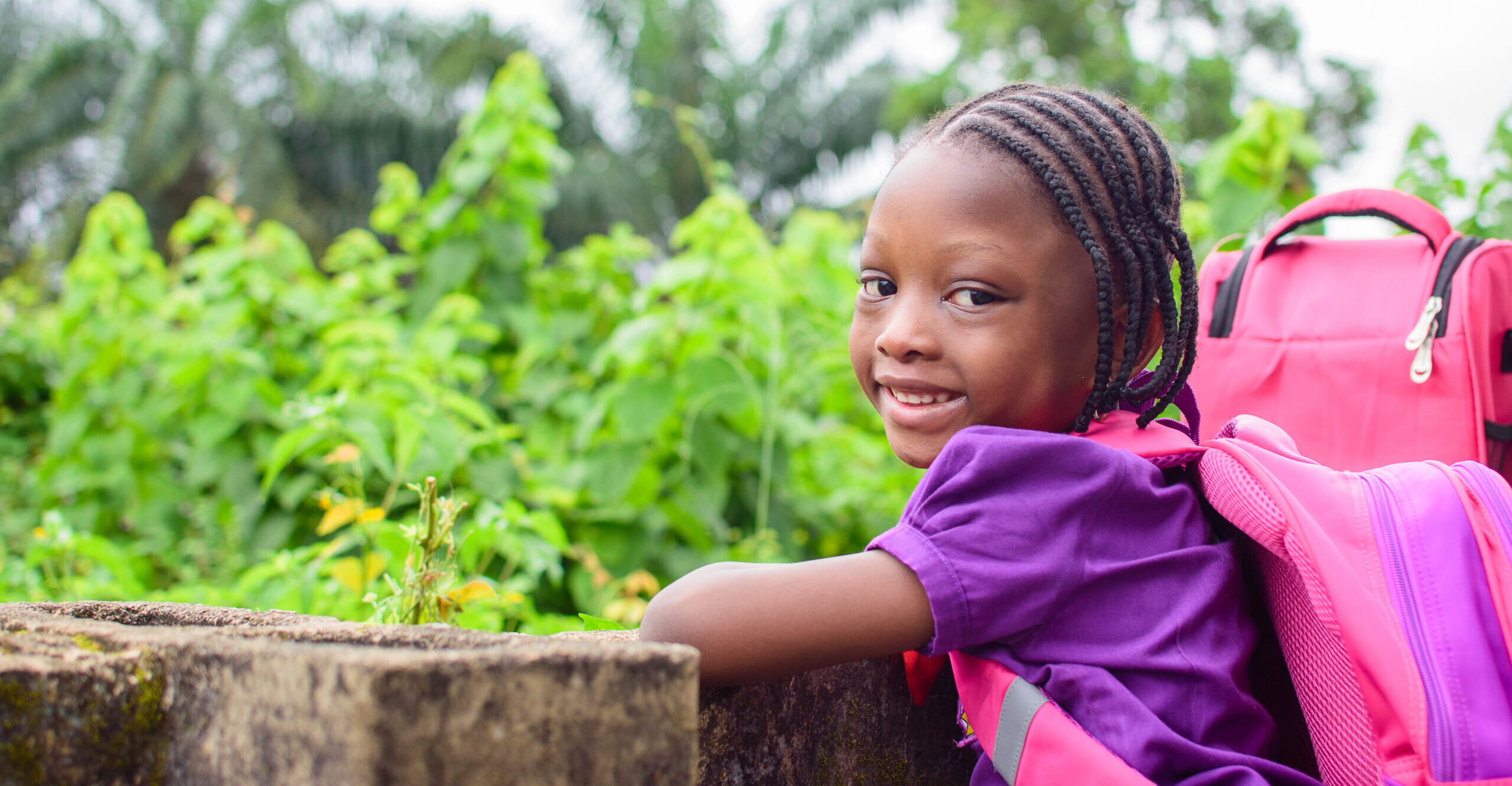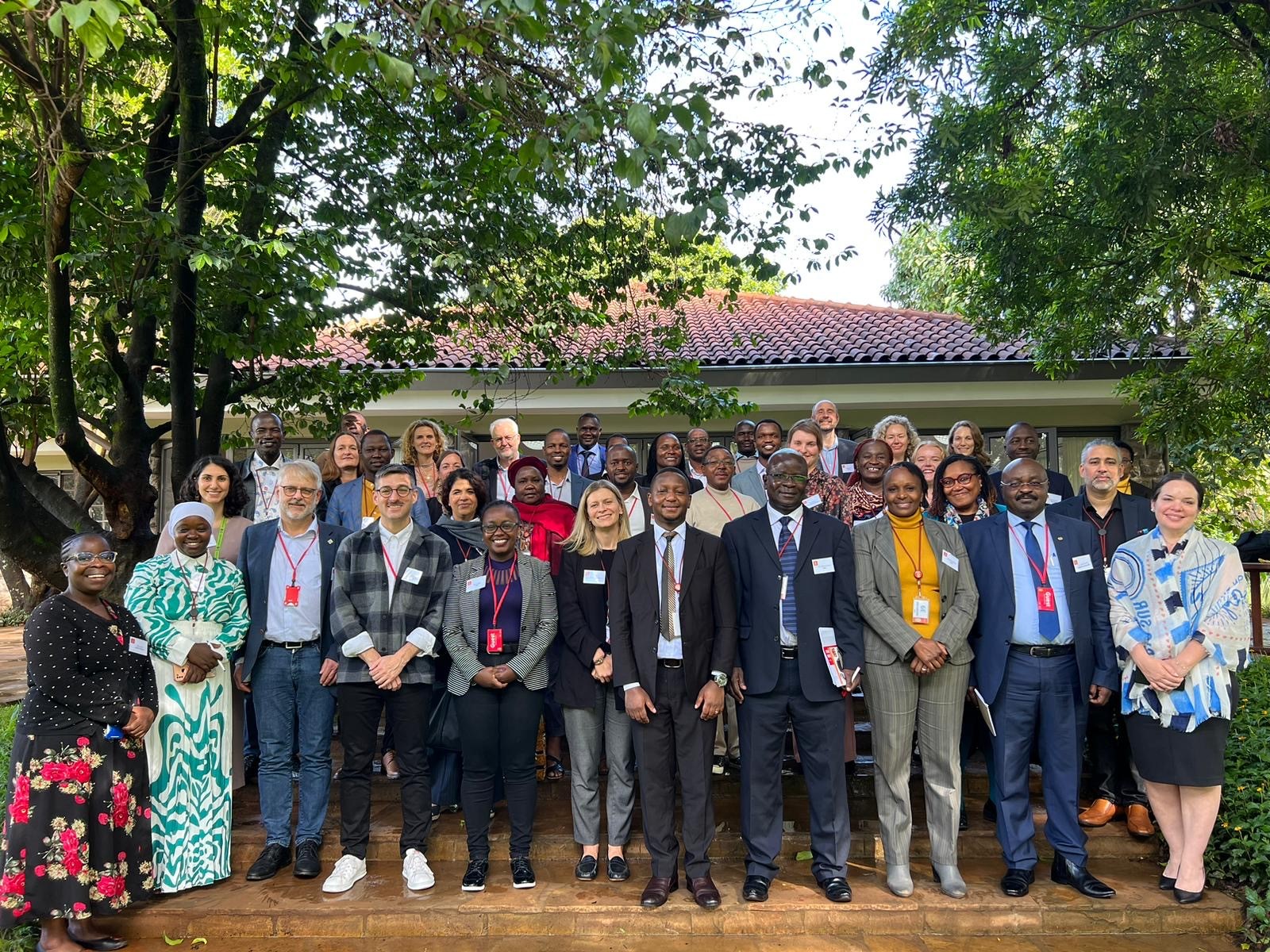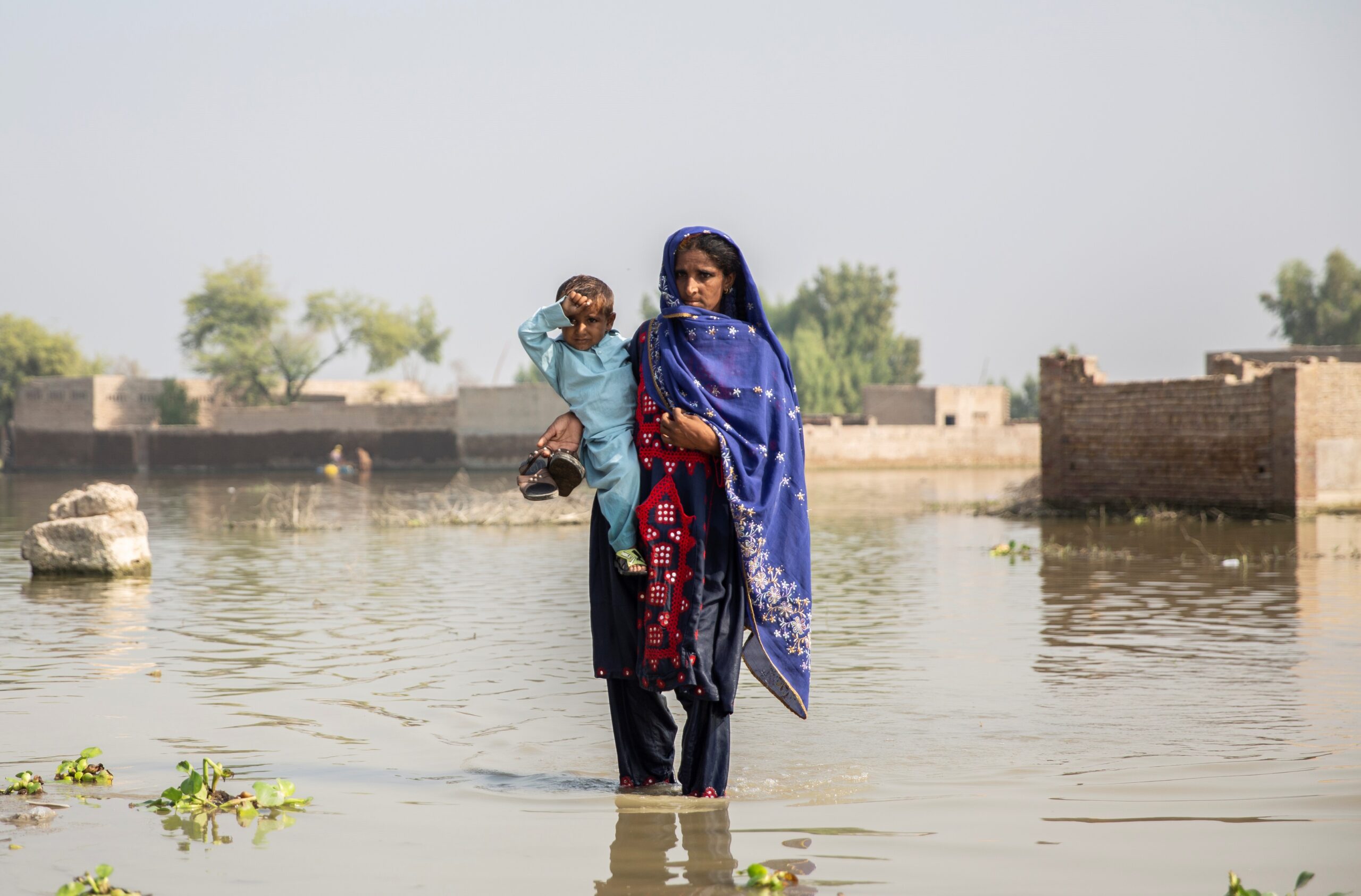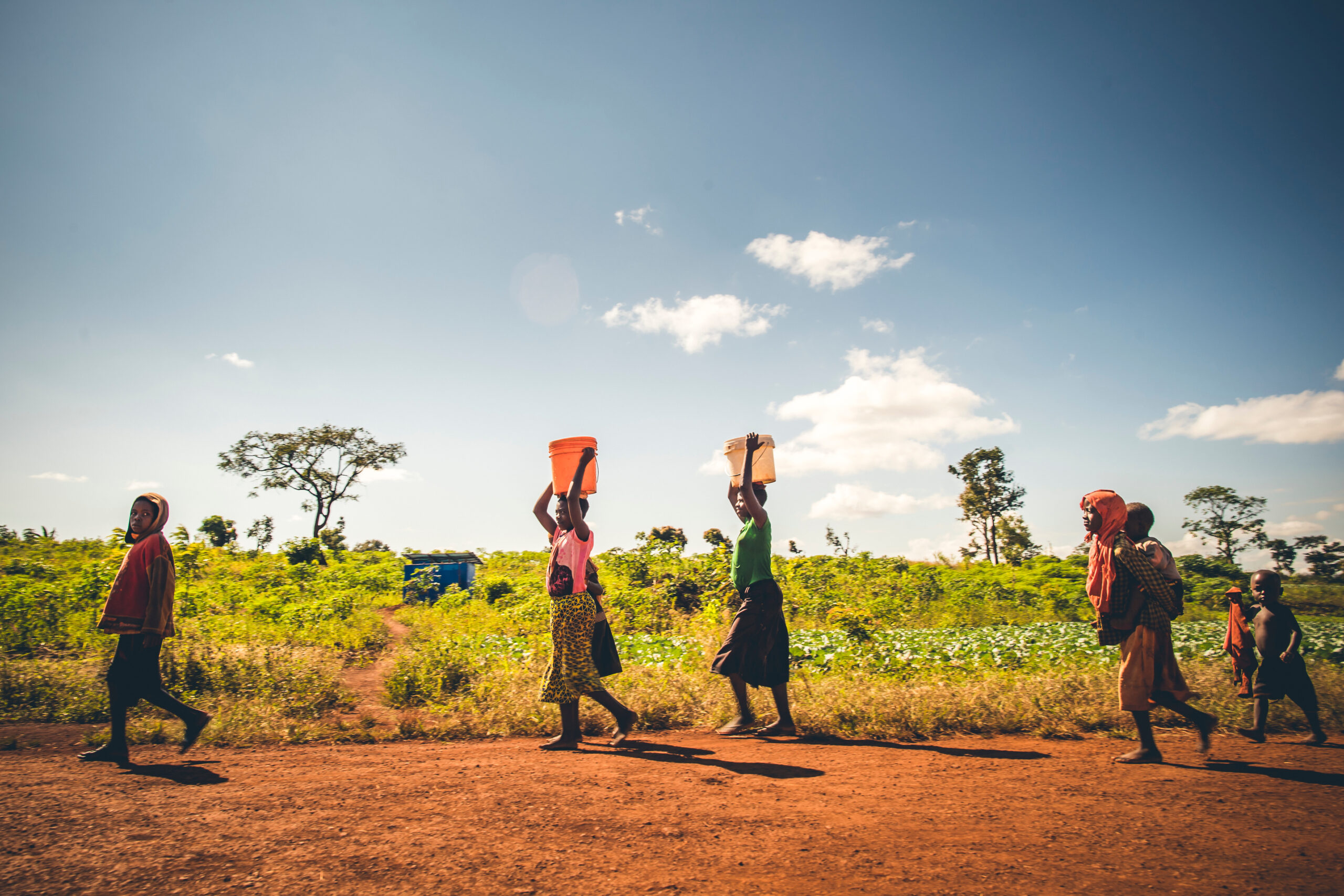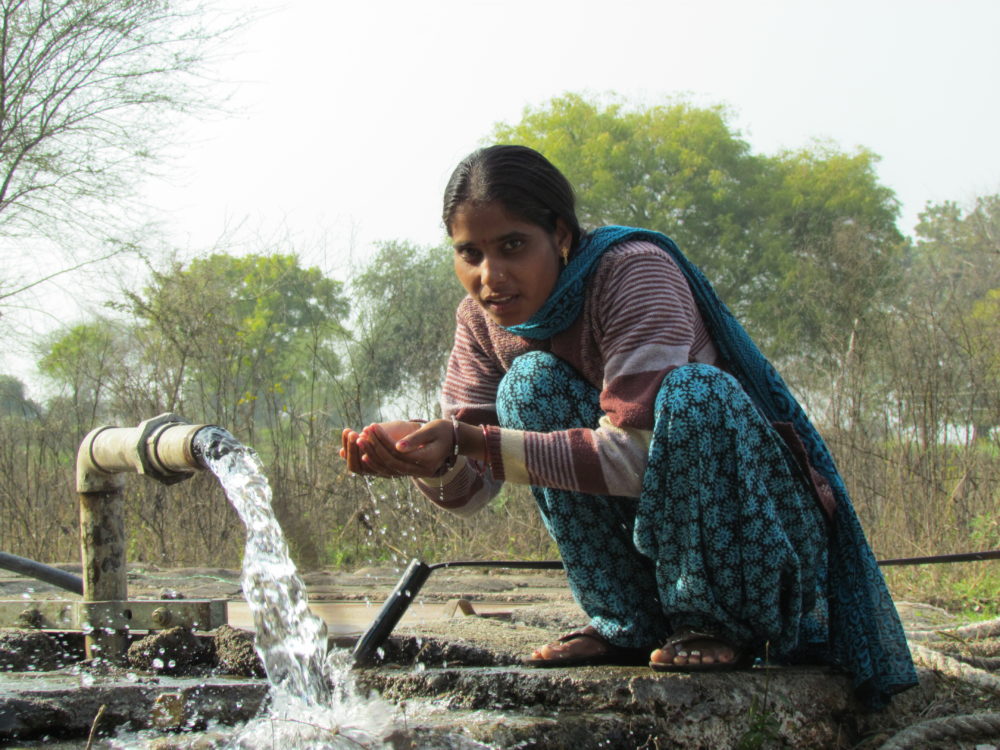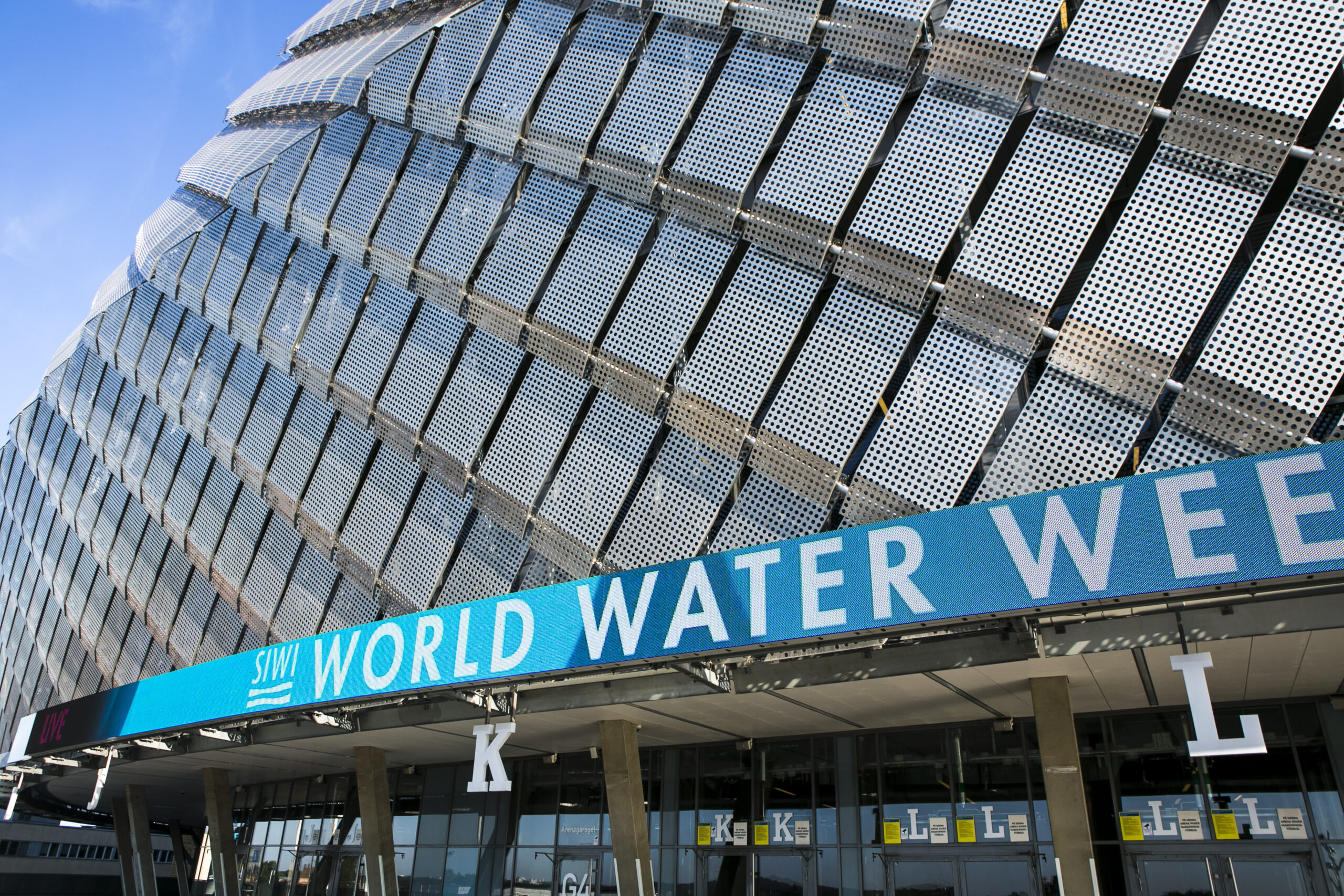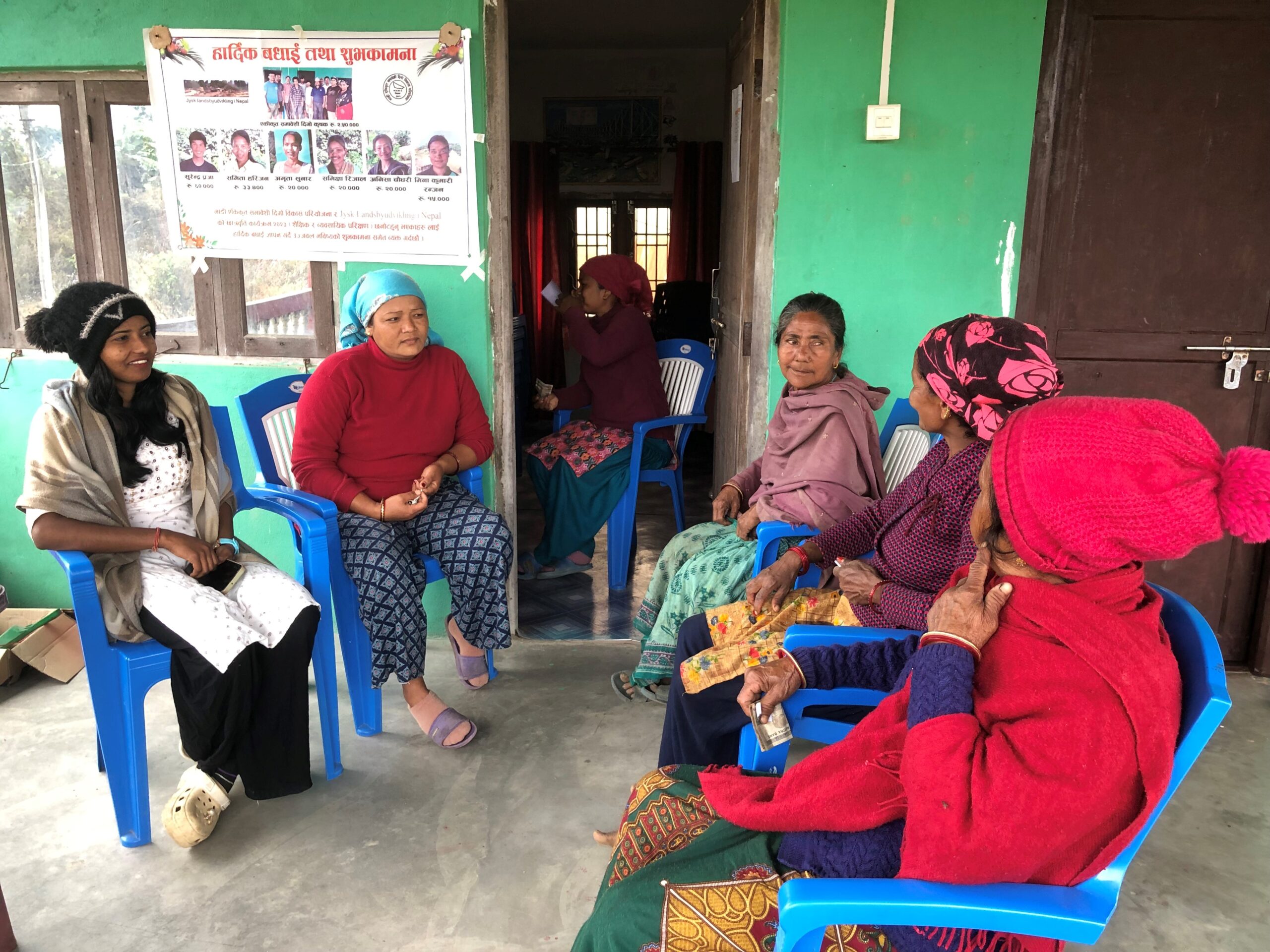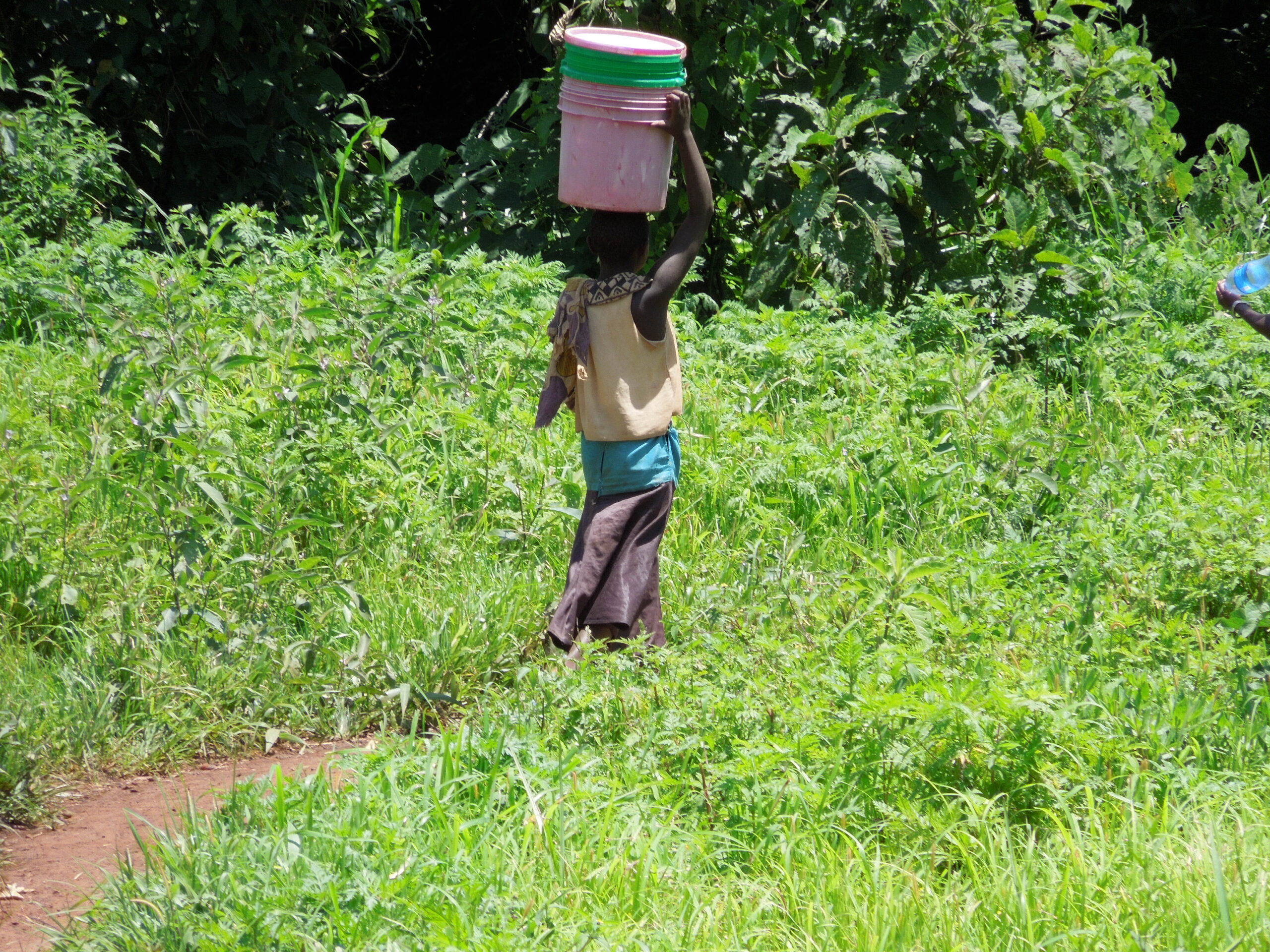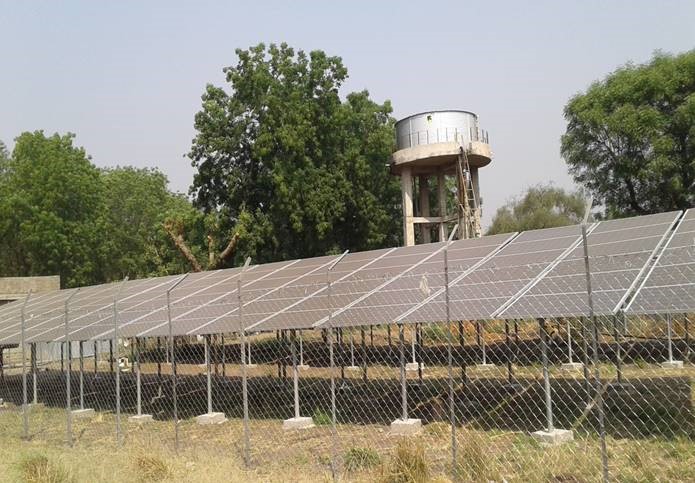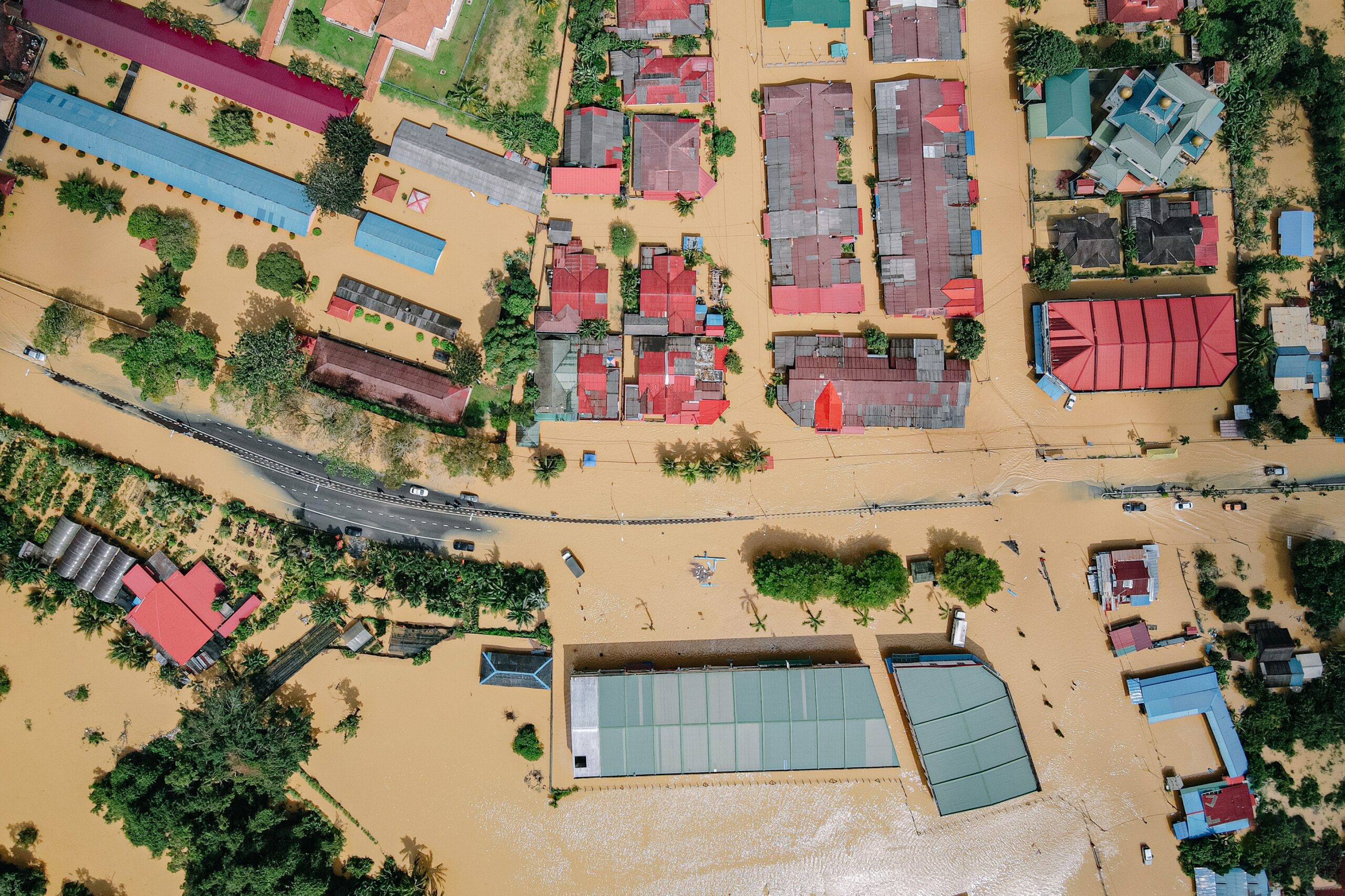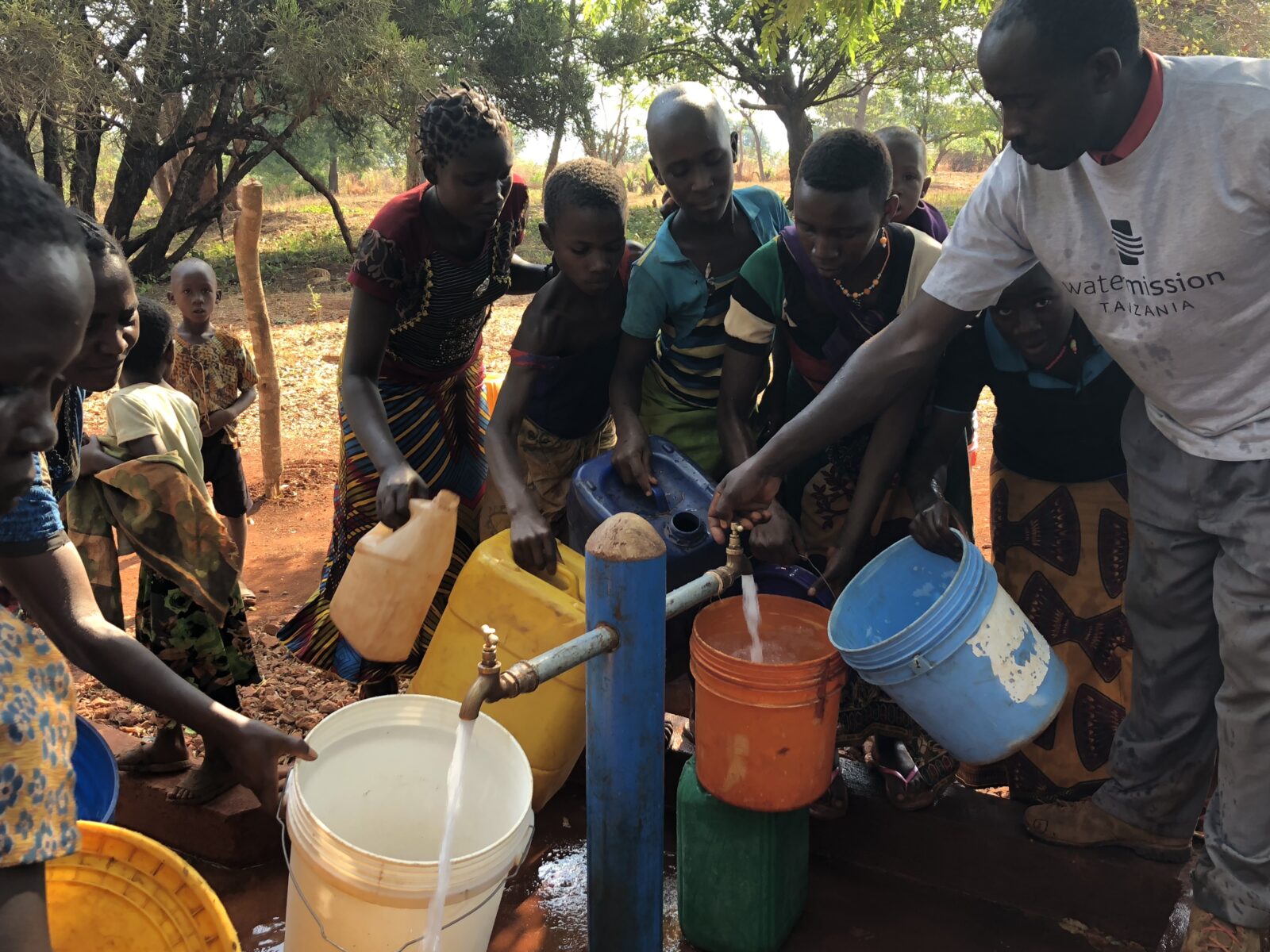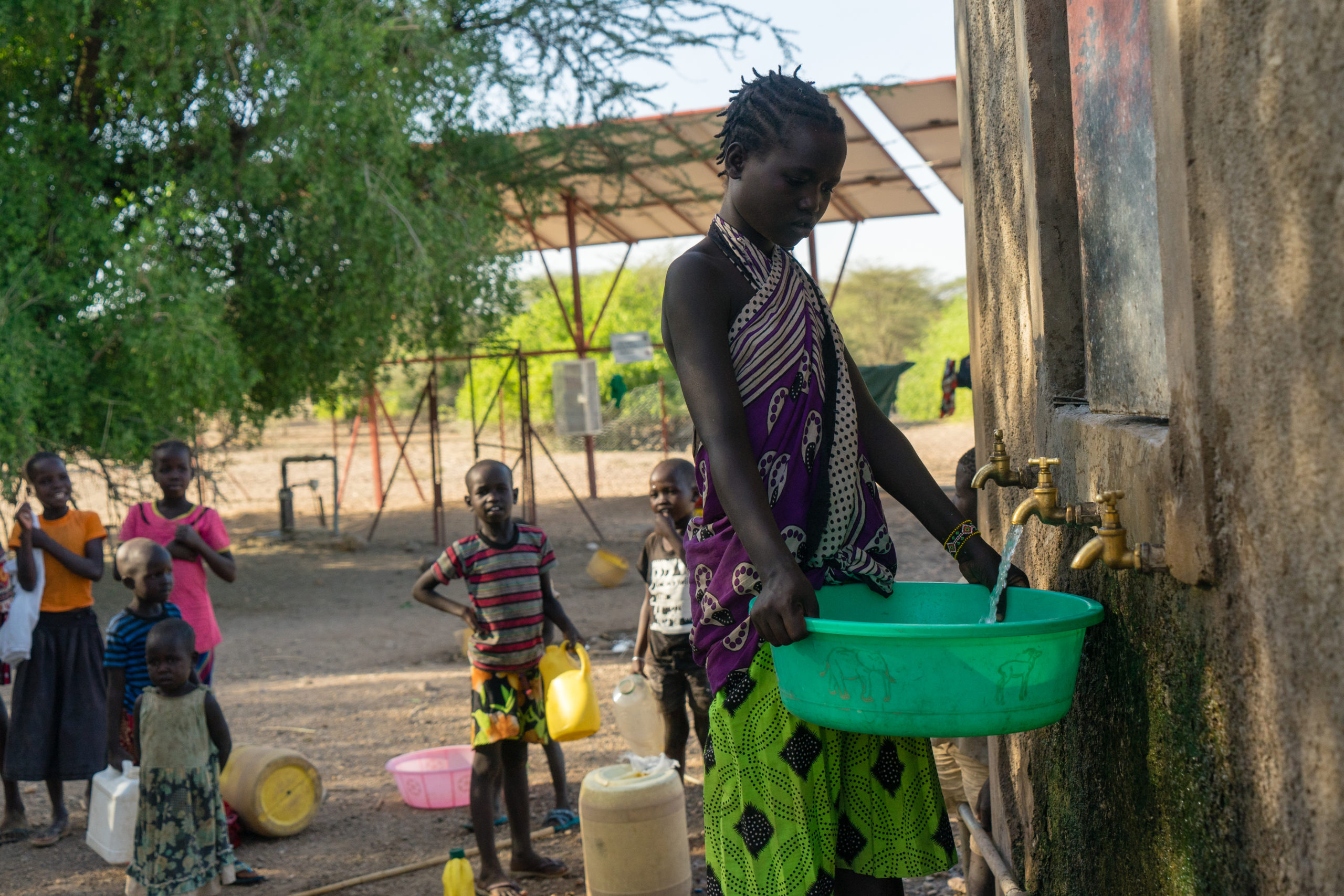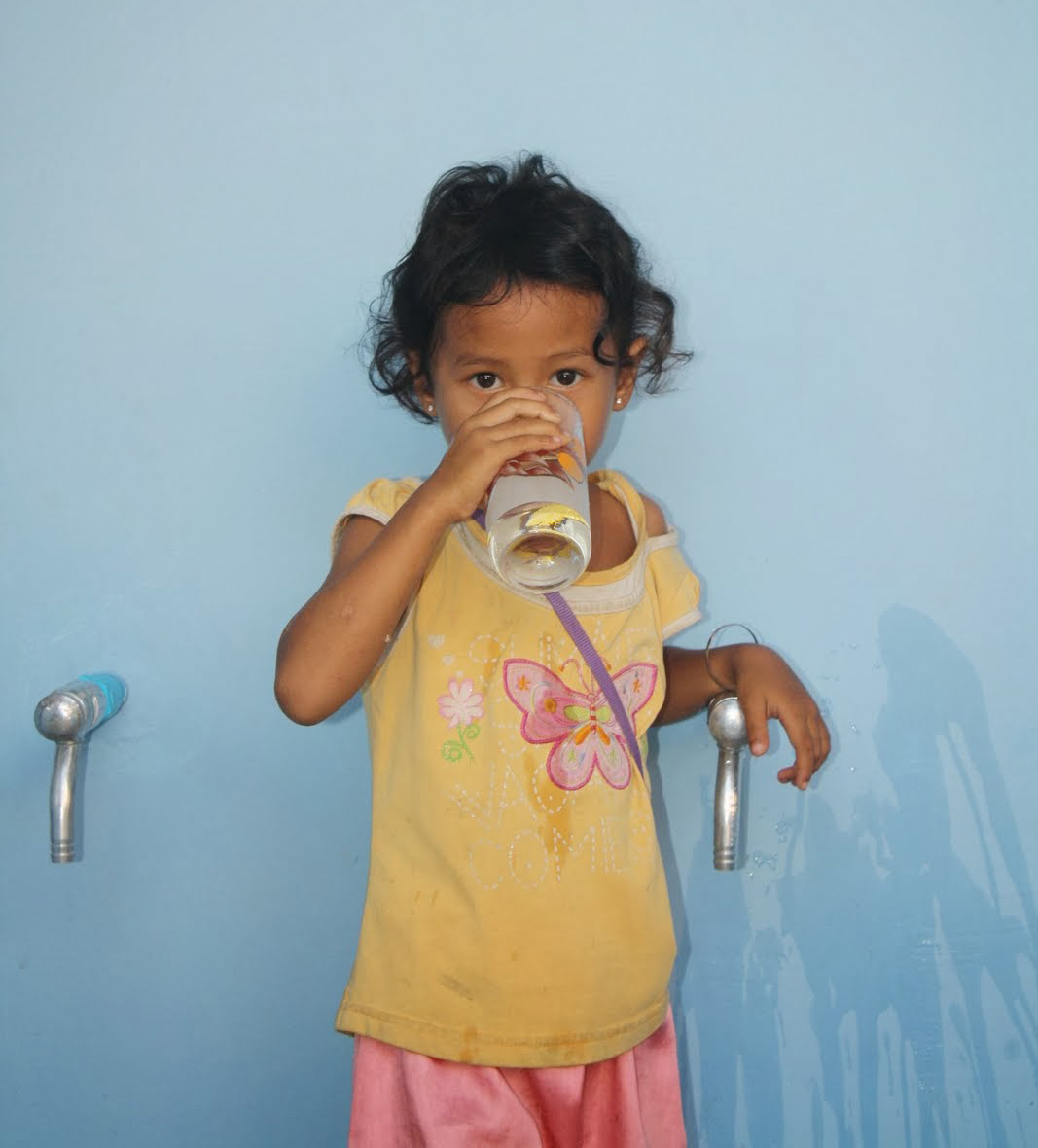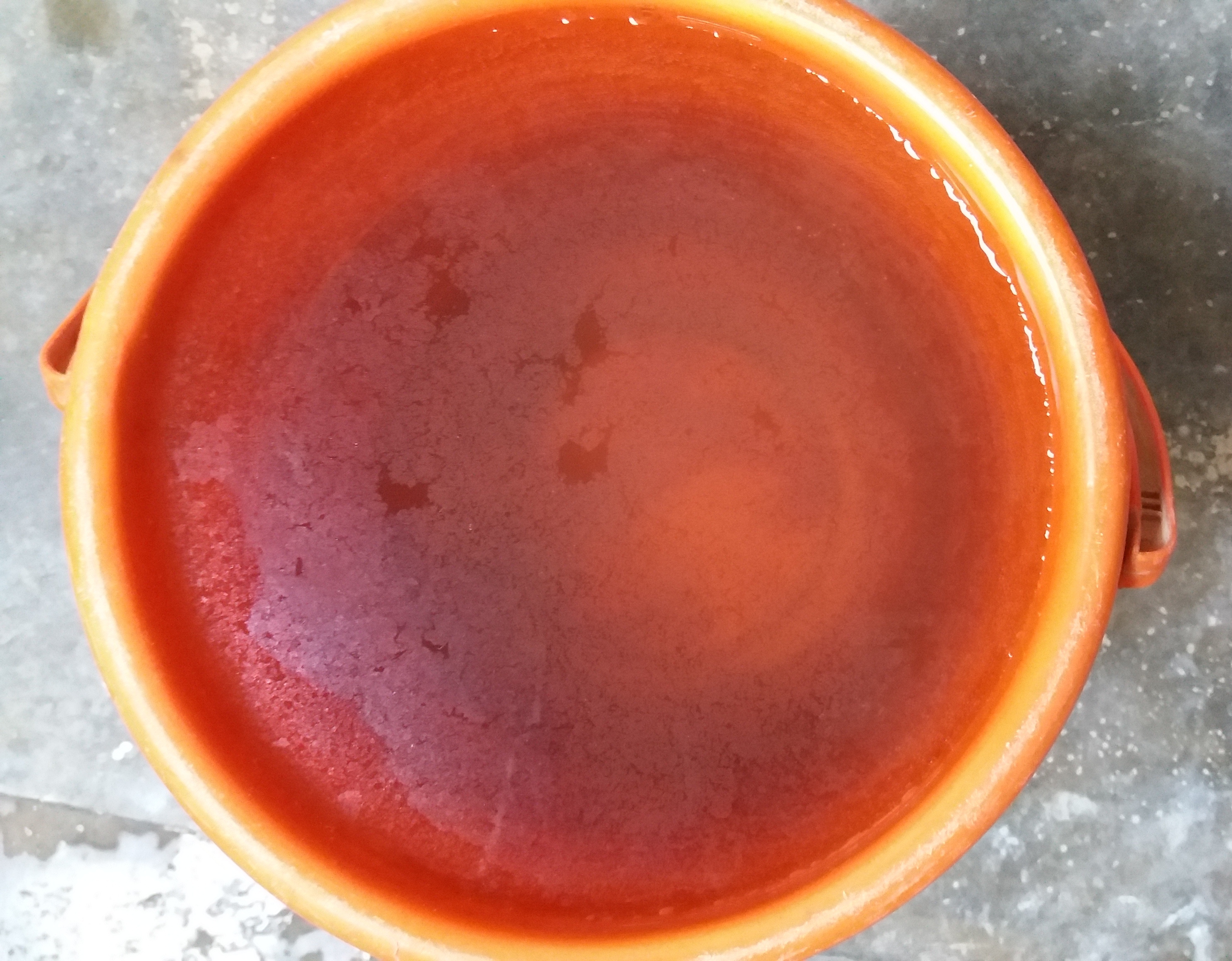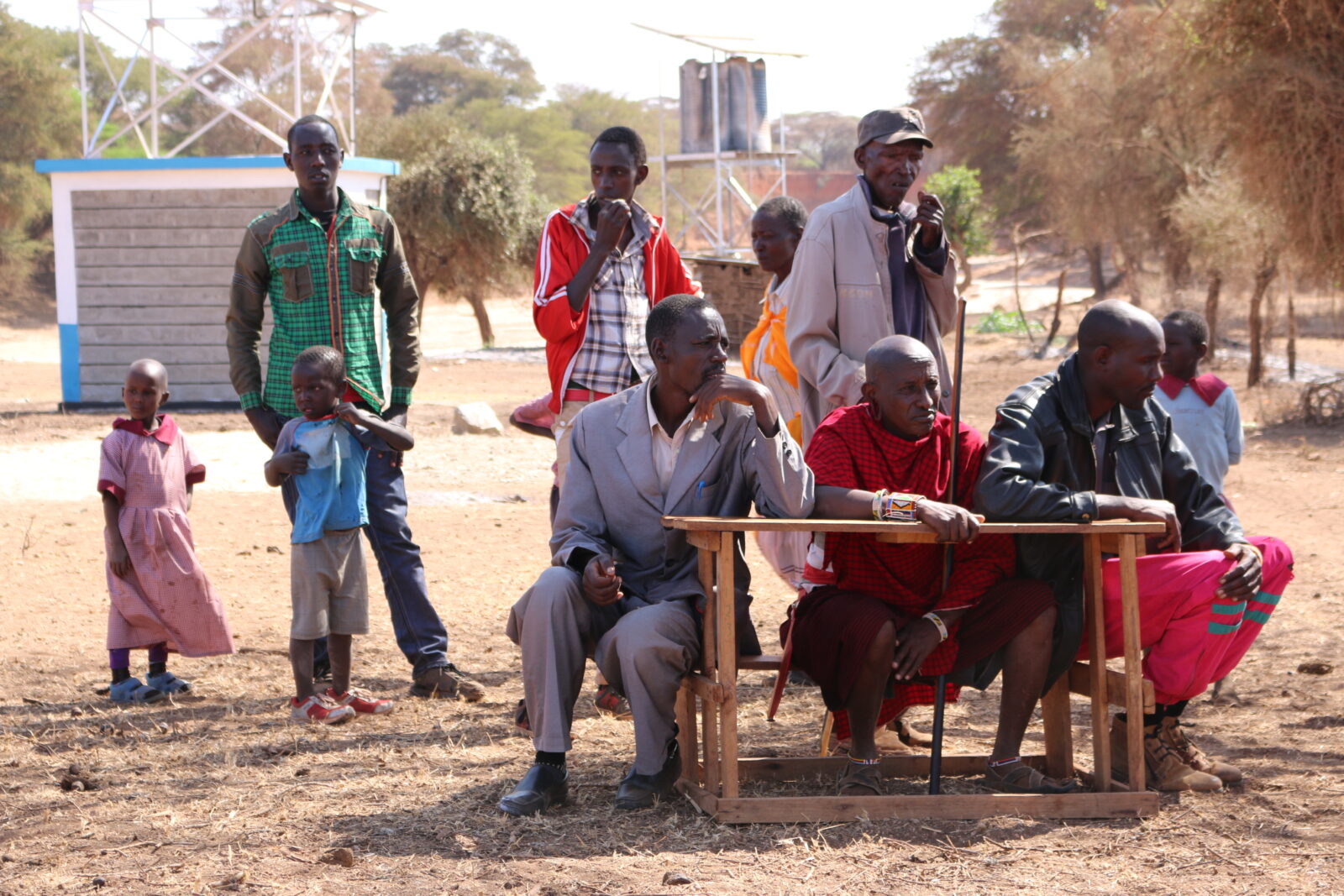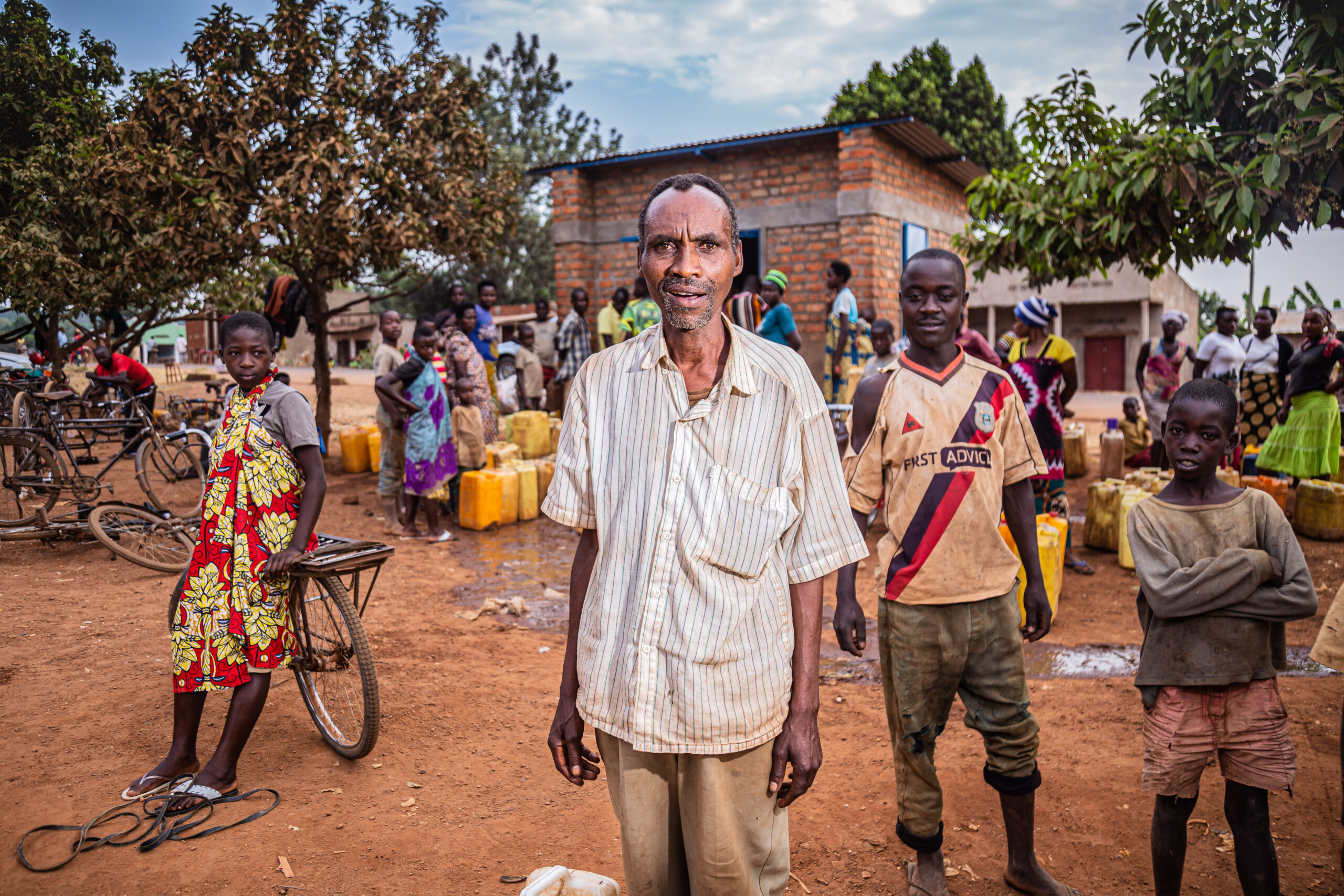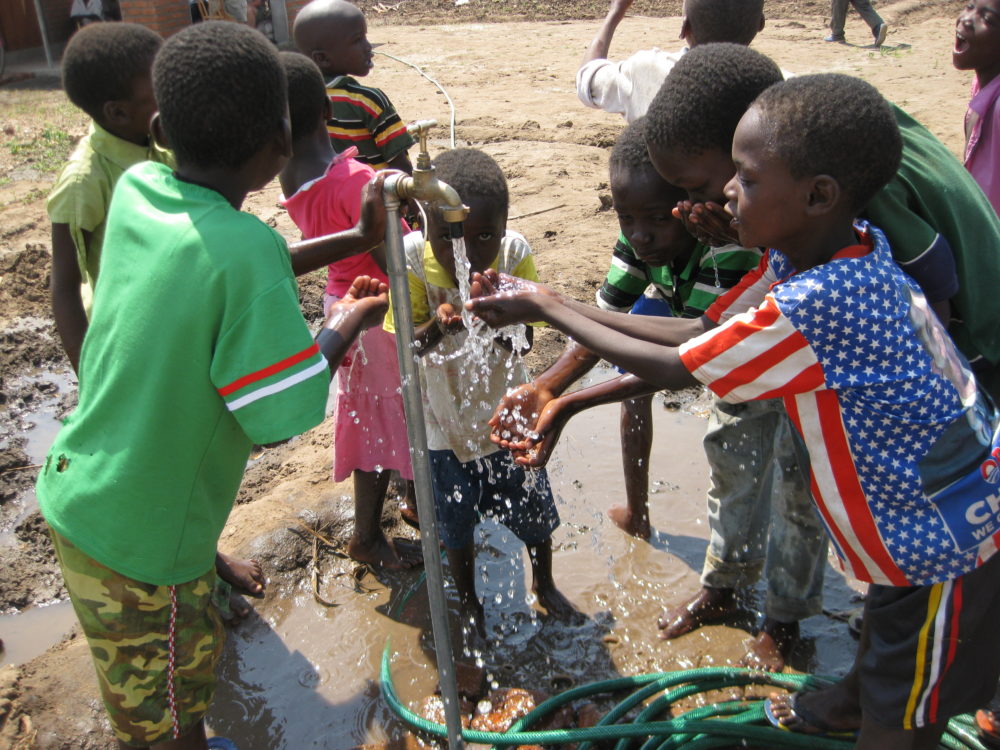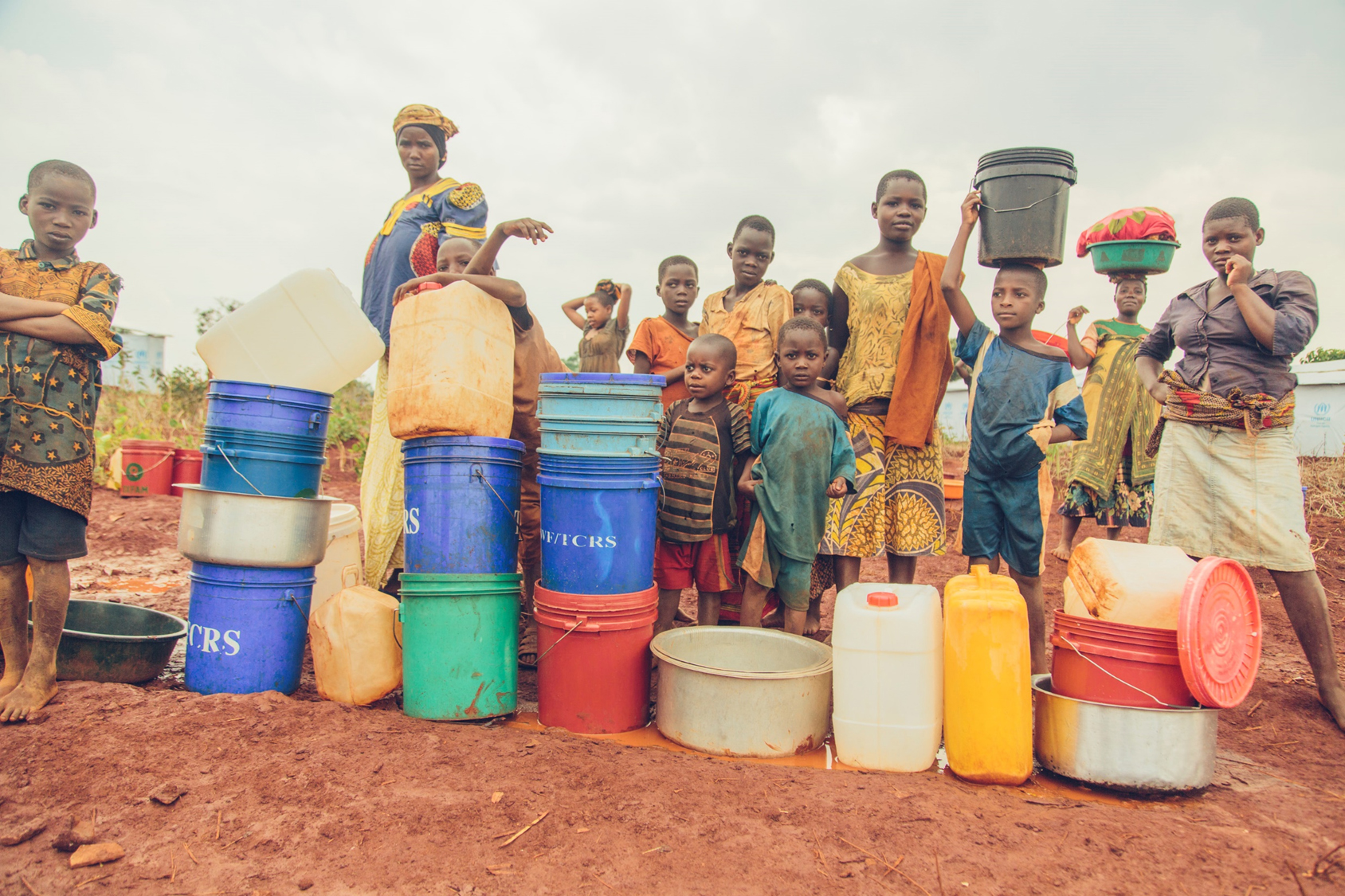In rural areas of Togo, only 40 pct. of the population has access to drinking water from an improved water source within 30 min walking distance. Open defecation is widely practised, which poses a significant health risk, and lack of hygiene awareness is a threat to water quality.
The first joint project provided clean water, improved sanitation and hygiene to approximately 4,200 people in the 3 villages of Haïto, Bayakopé and Guedèglèlè in Togo’s Plateaux region in 2015. With a budget of 2.1m DKK, the project established three solar powered safe water systems in the three villages, and included construction of family and school latrines as well as hygiene awareness raising locally. The projects were revisited and repaired/extended in 2016-2017. Learn more here.
- In 2017, the Foundation granted 3m DKK for Phase 2: “Healthy children, healthy communities”reaching 5 communities (8.000 persons) in Haho district. Learn more here.
- In 2018, the Foundation granted additional 10m DKK to reach another 25-30,000 persons in 10 communities in the Plateaux Region in 2019-2021.
- In 2018, we have also initiated a pilot project to test how an environmentally friendly molten-salt battery backup solution can eliminate the need for storeage tanks. It could also be a model solution for scalable community water systems that can add new modules when the community’s need for water increases.
Find out more about our collaboration in the Foundation’s Annual Review 2018: Commitment, partnership and flexible collaboration methods.
PlanBørnefonden is not a WASH NGO per se, but the organisation fights for girls rights globally and focuses on long-term development work and social sustainability through local partnerships and cooperation in four key intervention areas:
- Education,
- Children’s health,
- Young people’s economic and social potential and opportunities
- Children’s development.
The organisation works within each community for 15 to 20 years to secure secure sustainable impact. Responsibility for the activities is transferred to the community and the authorities step by step. This approach aligns very well with the Foundation’s values of creating sustainable change.


